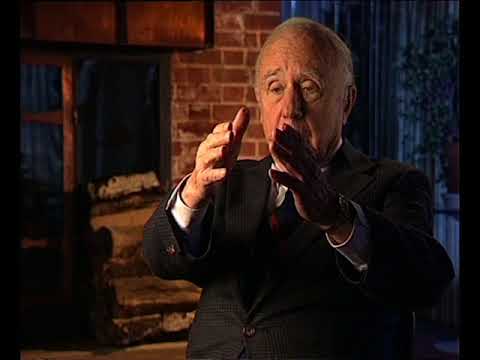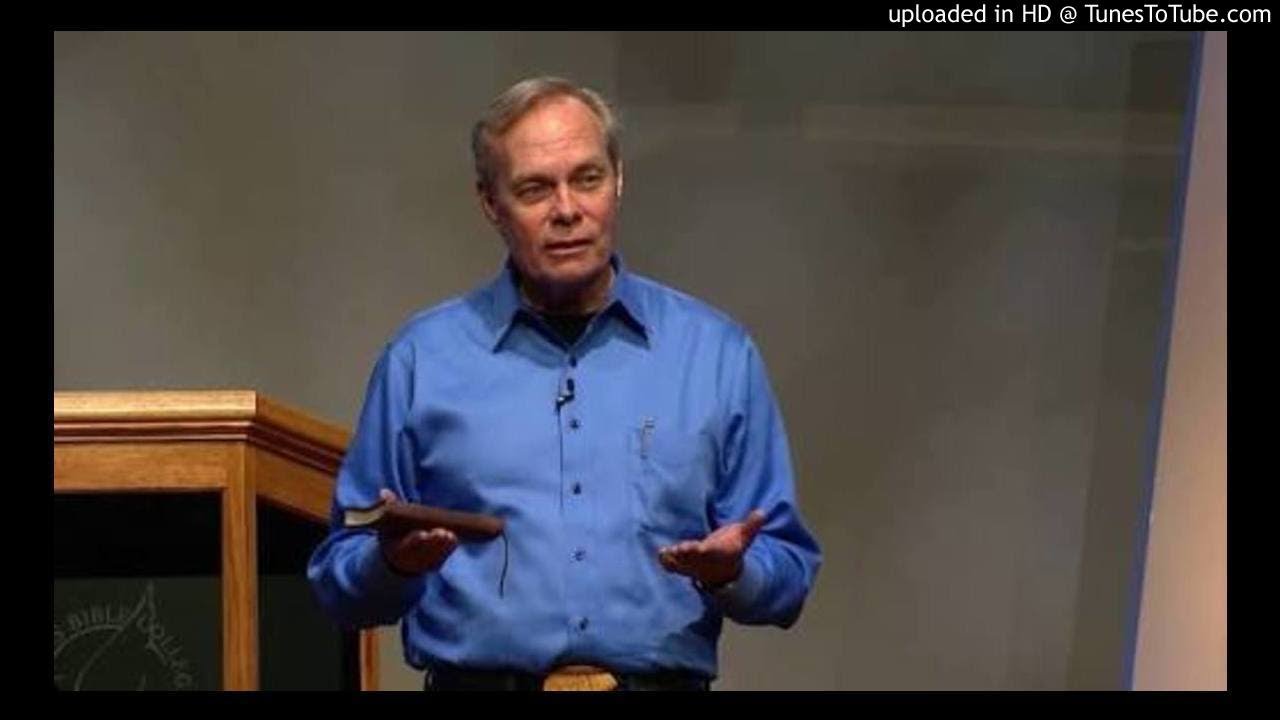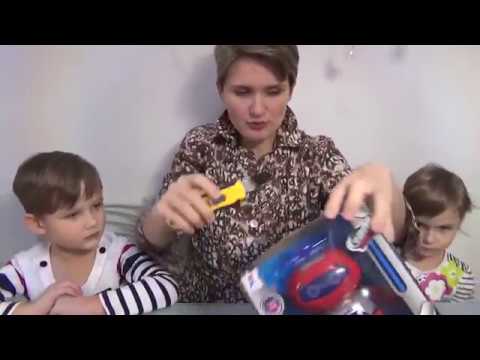Web of Stories – Life Stories of Remarkable People
To listen to more of John Wheeler’s stories, go to the playlist: https://www.youtube.com/playlist?list=PLVV0r6CmEsFzVlqiUh95Q881umWUPjQbB
American physicist, John Wheeler (1911-2008), made seminal contributions to the theories of quantum gravity and nuclear fission, but is best known for coining the term ‘black holes’. A keen teacher and mentor, he was also a key figure in the Manhattan Project. [Listener: Ken Ford]
TRANSCRIPT: It’s a picture to inspire thought, it doesn’t record an experiment or a formula. There’s the letter ‘U’. The U starts with a thin stem, the beginning of the universe. At the beginning, the universe is small. This stemmed U gets fatter as we go up to this side of the letter. And at a certain point it’s terminated by a big circle, and there, there’s an eye sitting and that eye is looking back to the first days of the universe. We ourselves can get radiation today, and do get radiation today, from the very early days of the universe. But in so far as the act of observation has anything to do with what we do when we ascribe reality to what we see, then we can say, this observer who was brought into existence by the universe, has, by his acts of observation, a part in bringing that universe itself into being.
Source




Hi. I am fascinated by you're teachings, they are very interesting.
You remind me of a school teacher that used to teach English in high school in the 1980s.
His name is also Mr Wheeler.
Really interesting concept. Thanks for sharing!
Brilliant man with a brilliant mind; however, this is probably not the best explanation of his concept– seems like he was getting a little bit hazy at this point in his life. For another illustration, I'd check out "Trespassing on Einstein's Lawn" by Amanda Gefter. She talks about Wheeler, and this idea in particular, pretty extensively at the beginning of the book.
John is without any doubt one of the great natural philosophers of the xx century, now, more than ever, his teachings are relevant. For quantum computing to big existential questions.